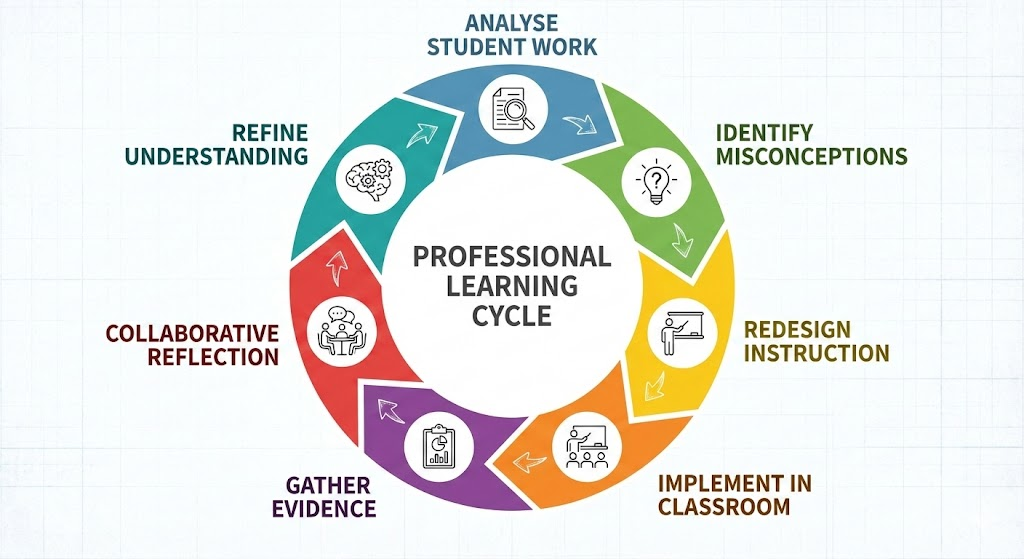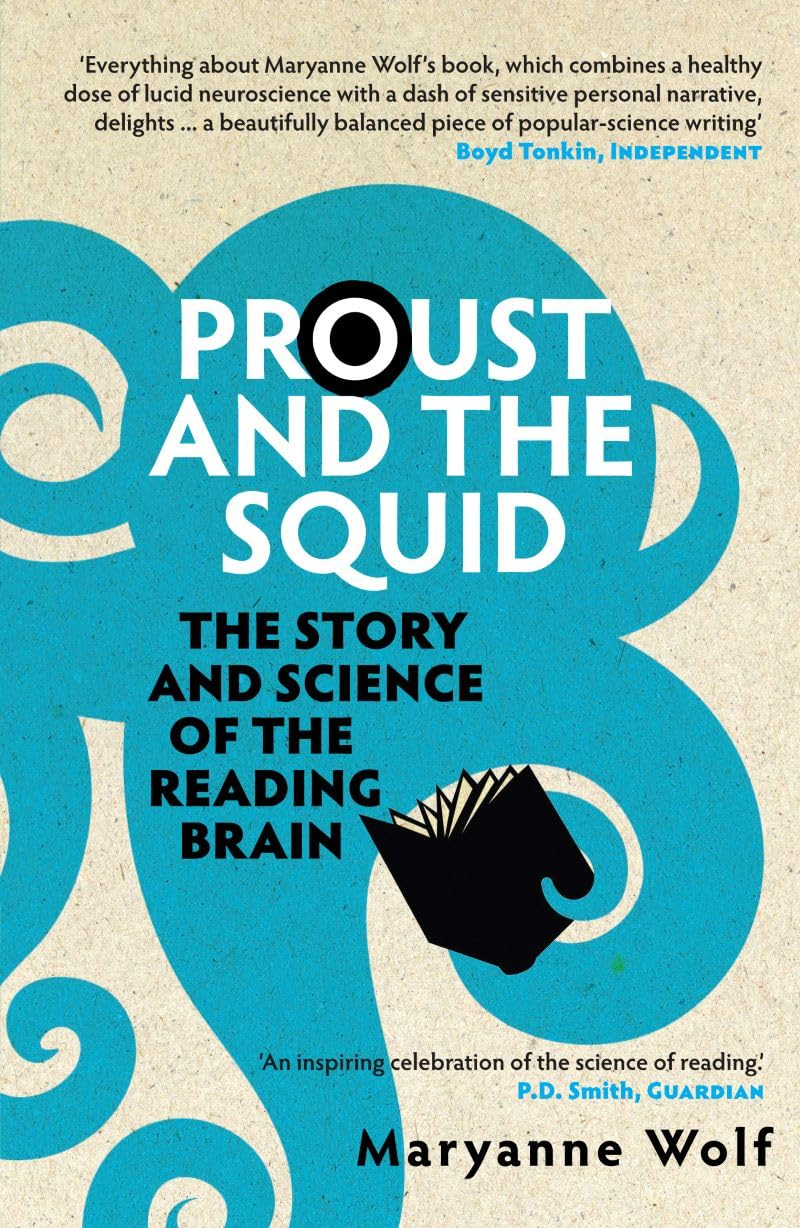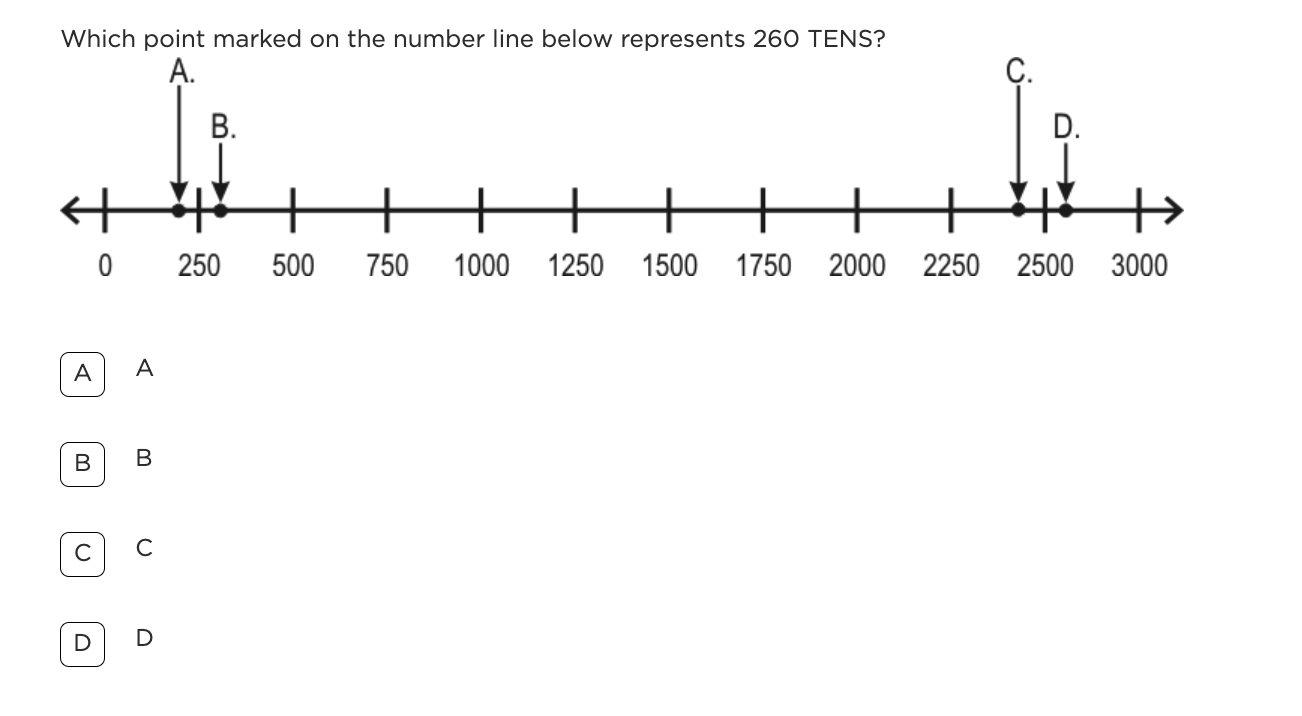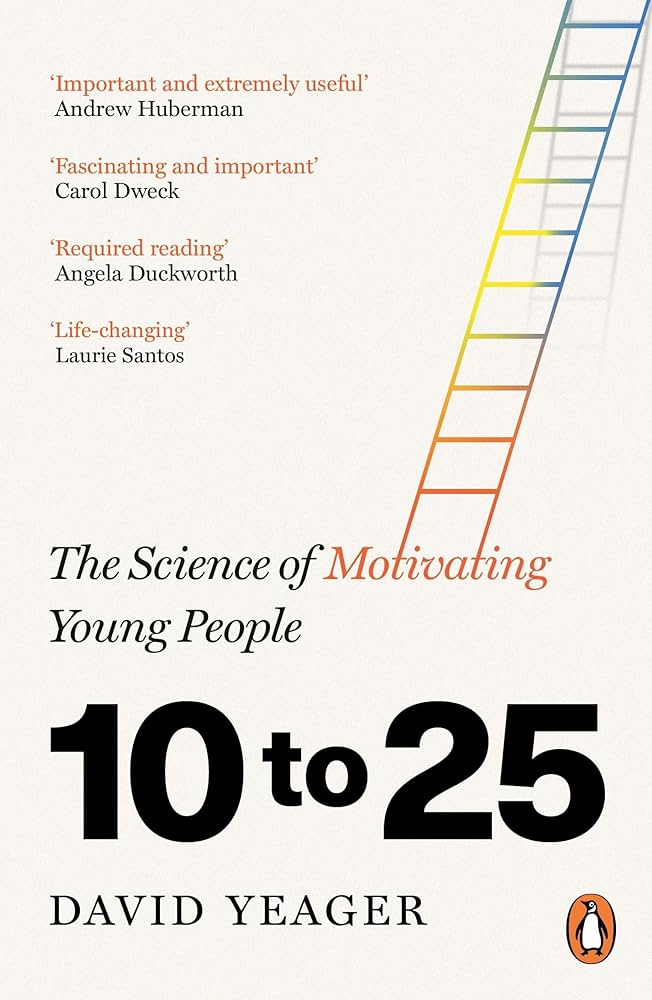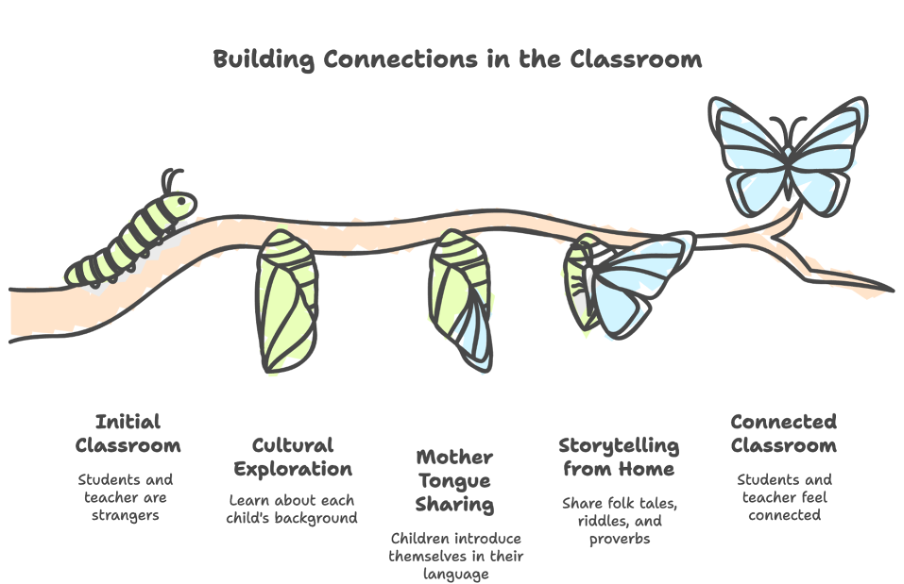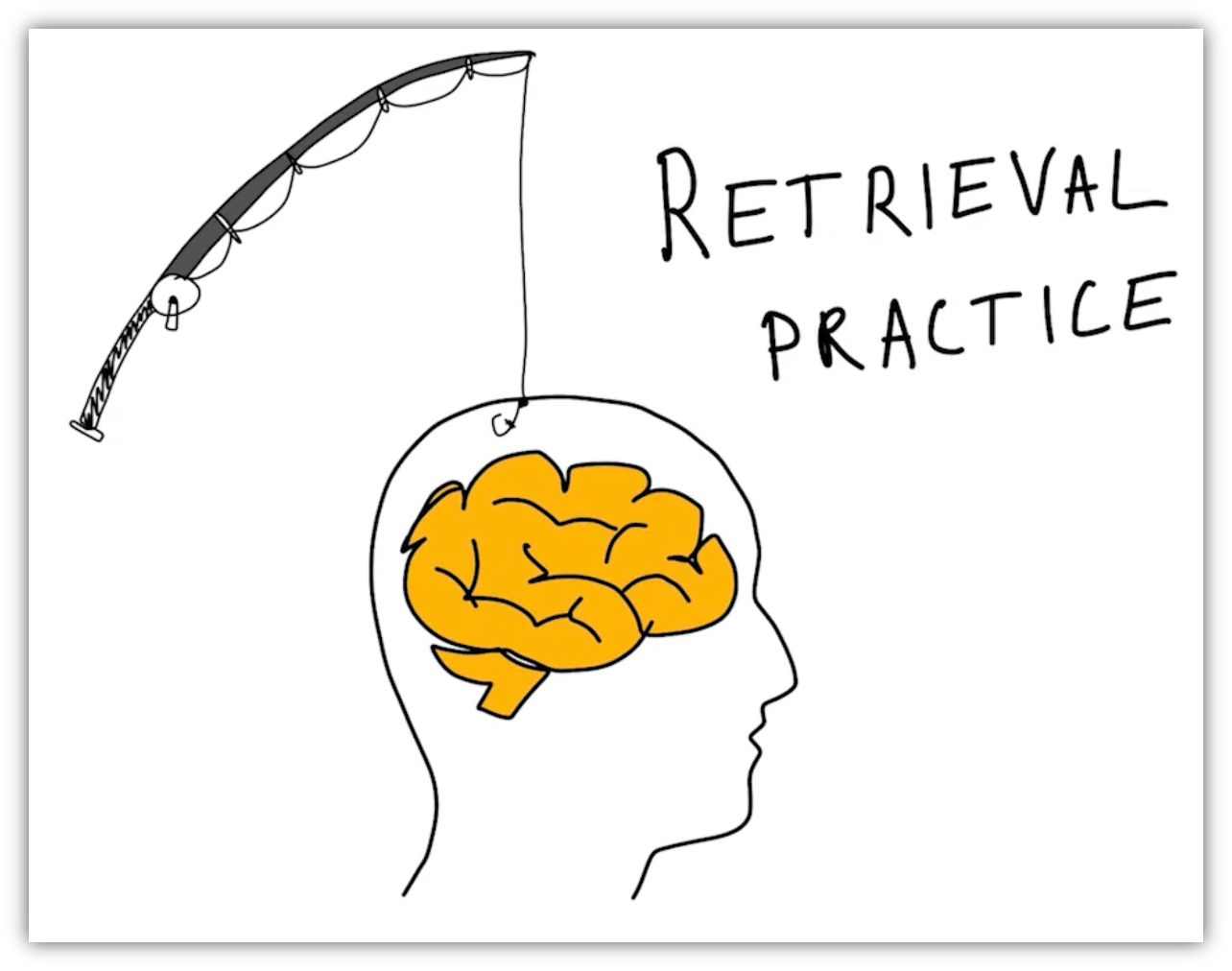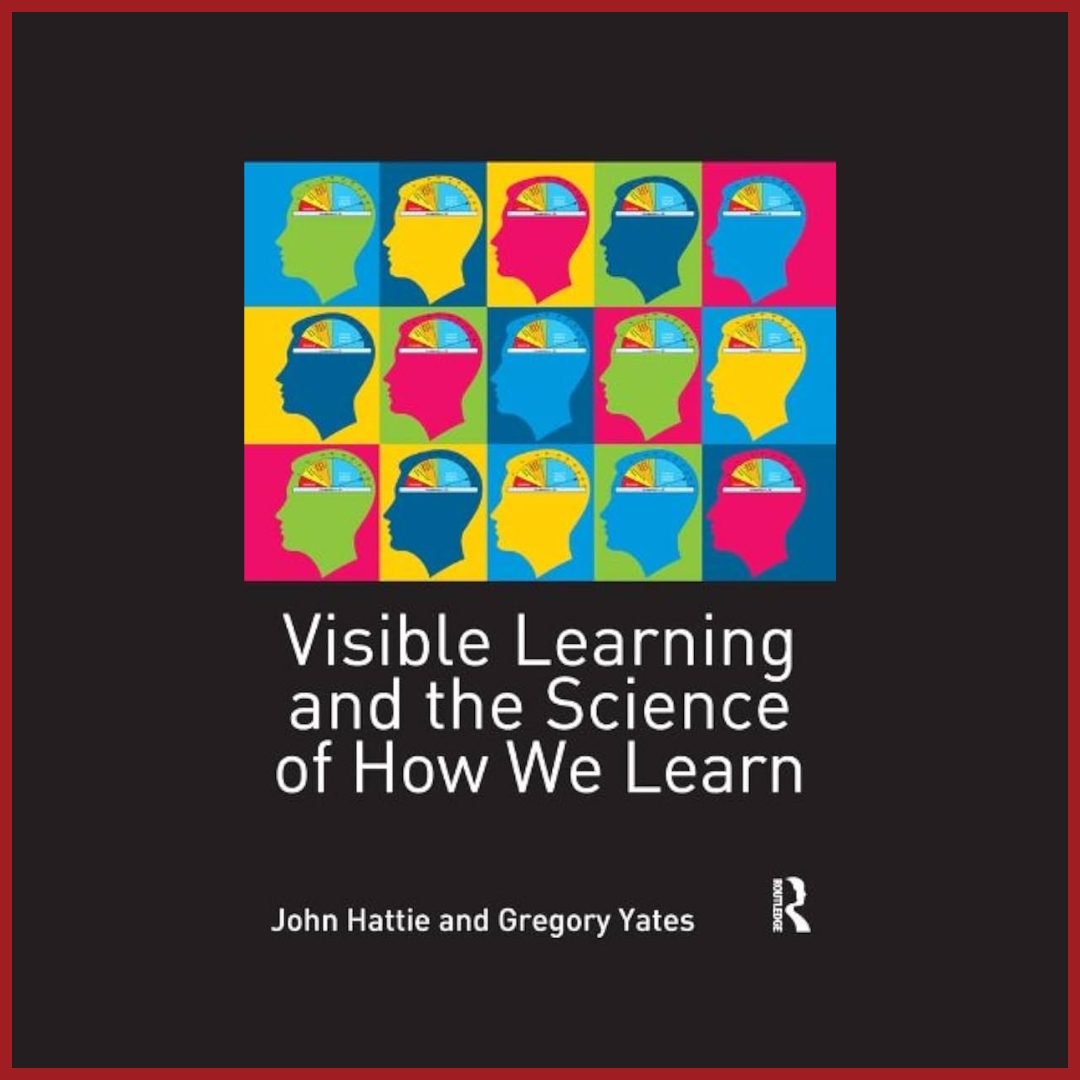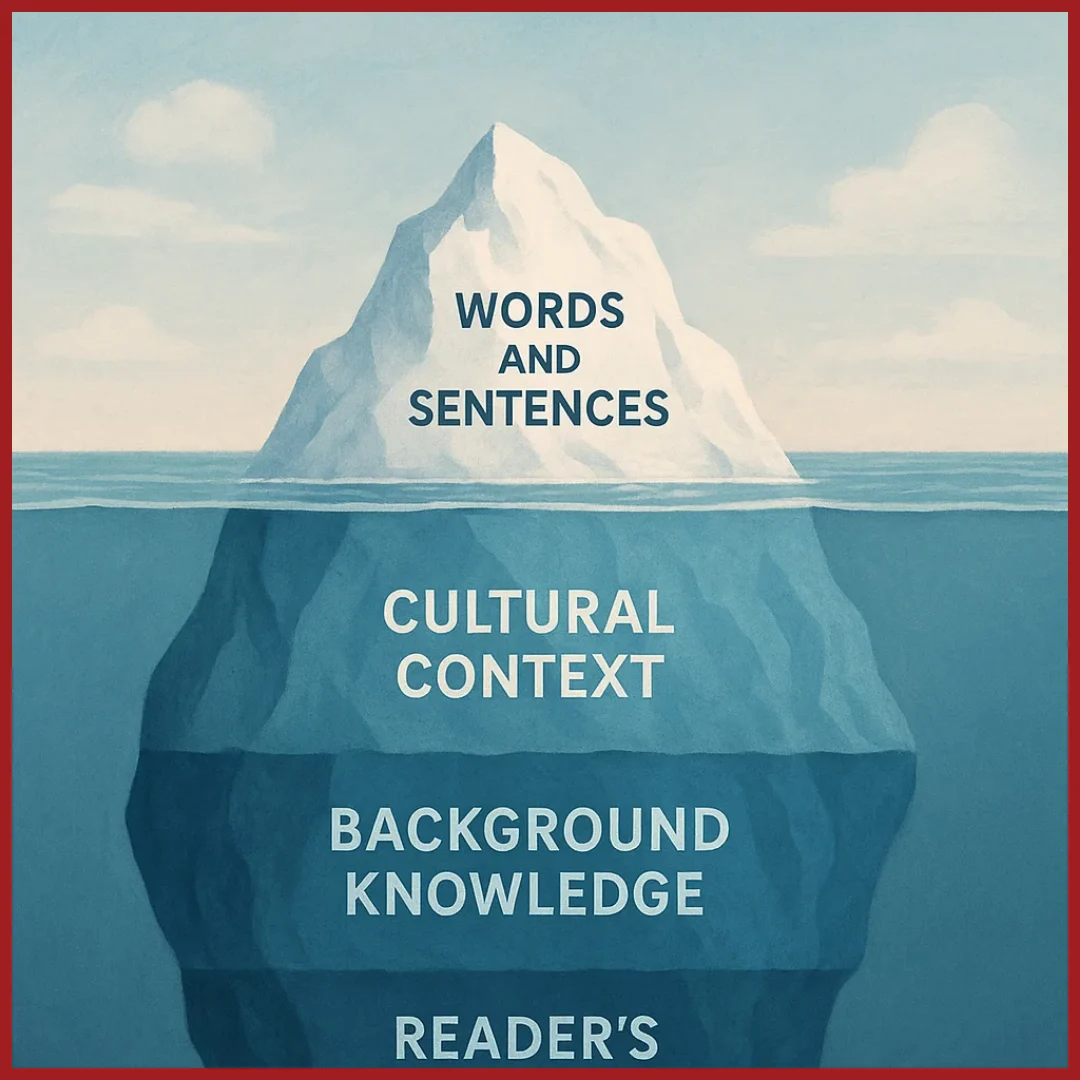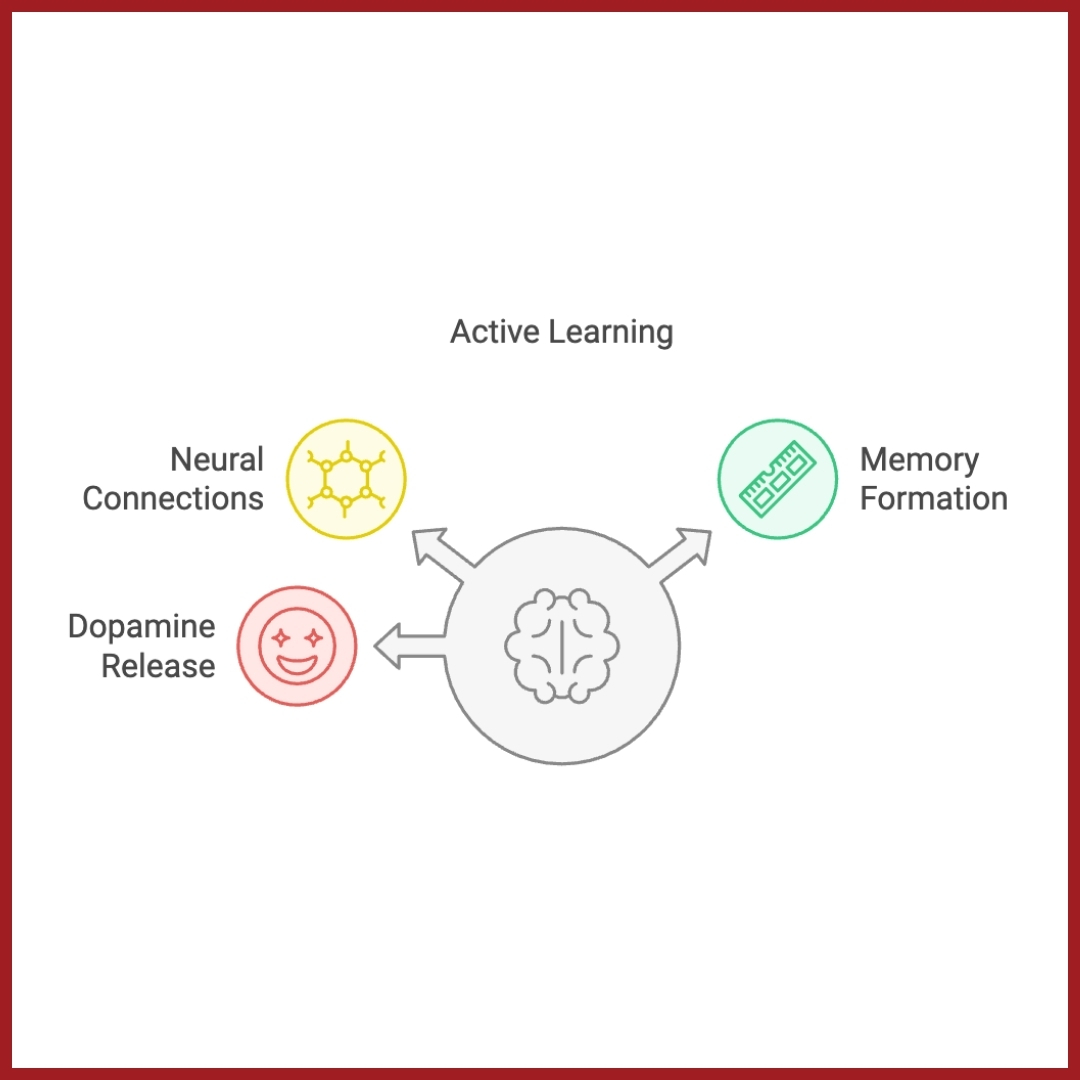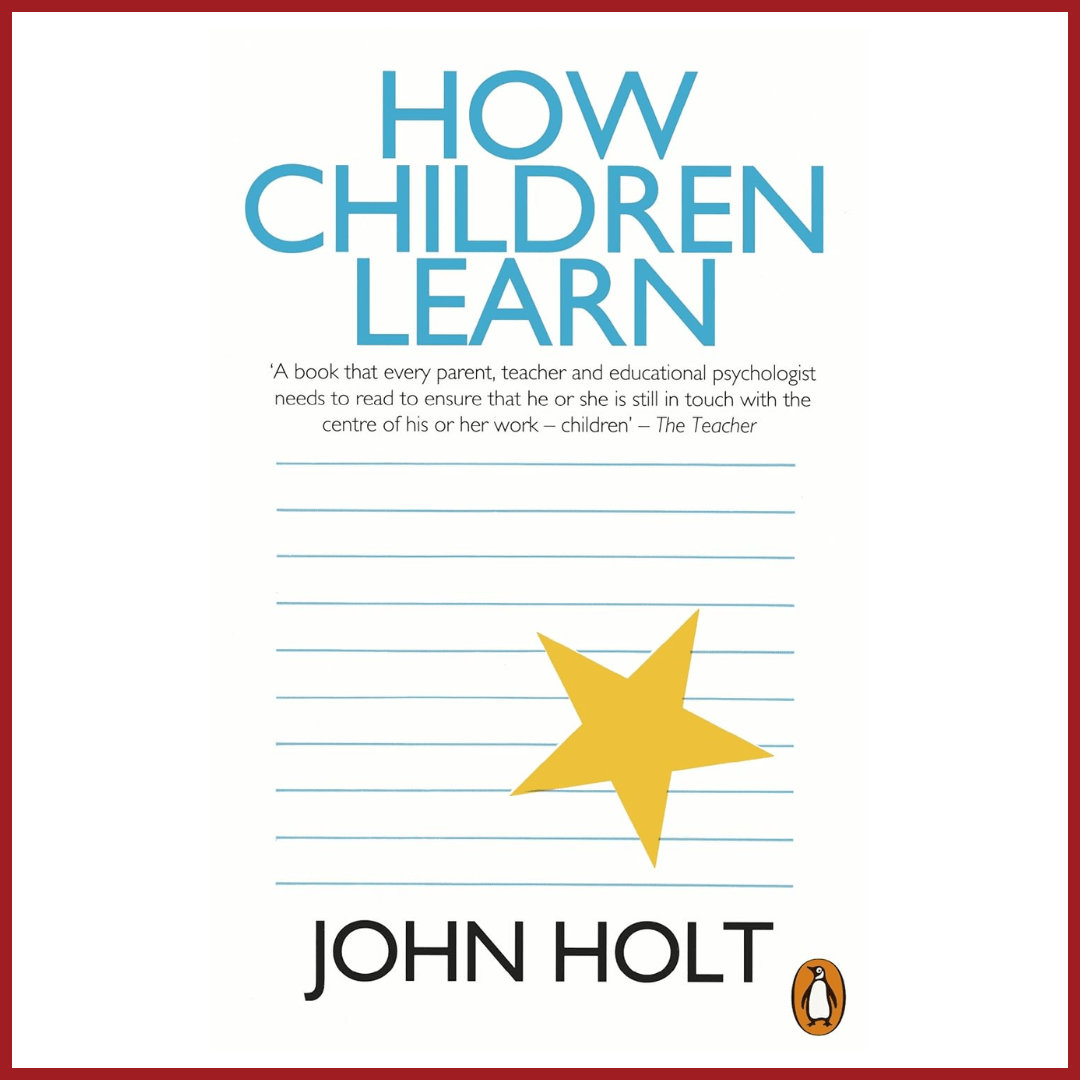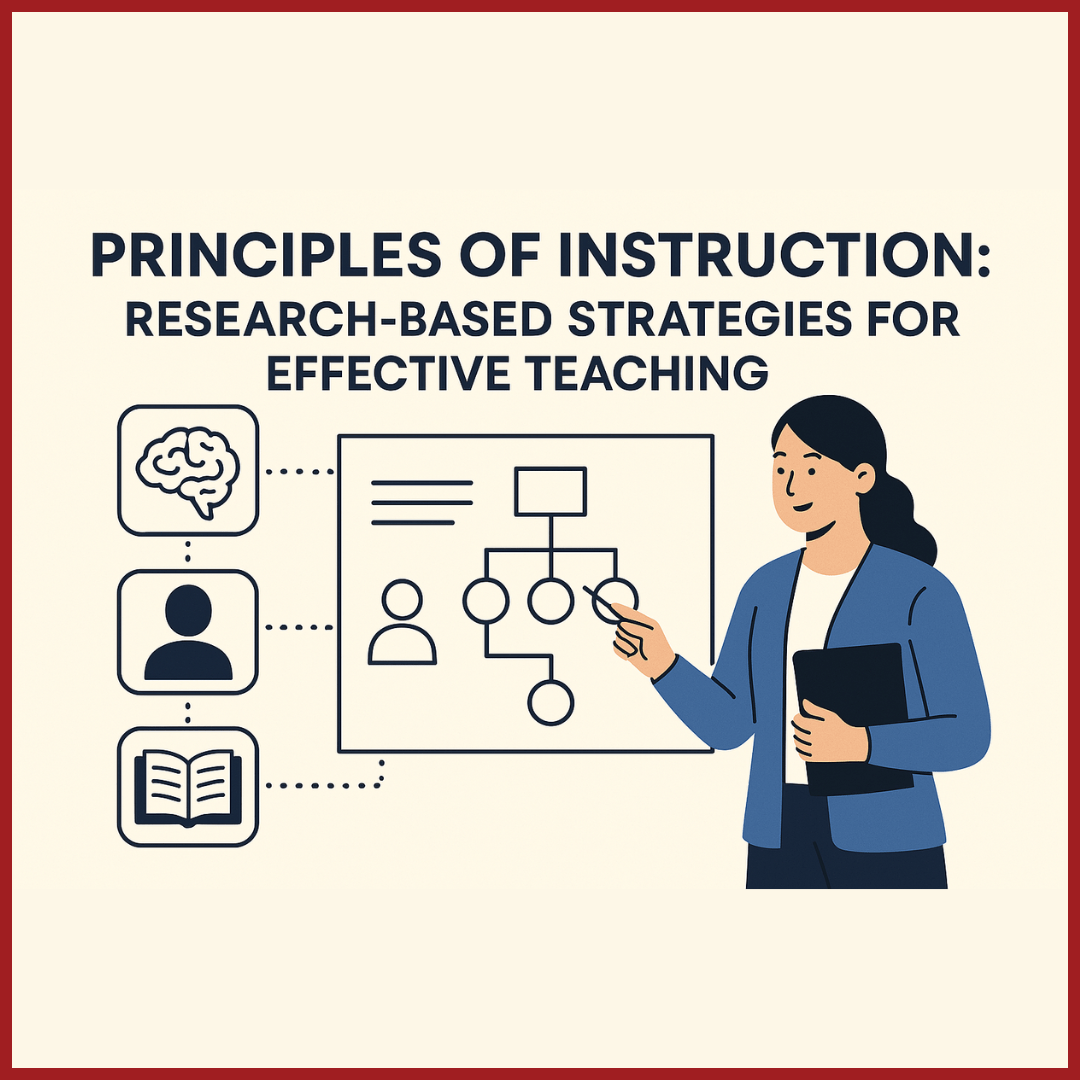Edition 01 | January 2025
Edu-Praxis
The articles in this section let you dive into fascinating educational research and uncover its practical applications in the classroom.
The Marshmallow Test

The Study
If I offered you a marshmallow and told you that if you refrained from eating it for 15 minutes, I would give you two instead, would you be able to do it? In the early 1970s, researchers asked 92 children aged 3 to 5 these questions. The original study and the follow-up studies 20 years later changed how we viewed self-control forever.
The study is important for teachers to know. Firstly, it is so simple that you could easily replicate it yourself (and many have). Secondly, it is a longitudinal study, which means we get to track the path of the students in the study over many years. Third and finally, it is one of the most famous studies in psychology and is a staple in most of the psychology and educational handbooks.
The Main Findings
Other students were able to wait and delay their gratification, and as a result were able to get the sweet, sticky reward of the extra marshmallow. Effective strategies employed by those who exercised better impulse control included distracting themselves from the temptation by thinking about other fun things, closing their eyes, or sitting on their hands.
In follow-up studies, over the years, researchers have found that the longer the students waited for their marshmallow as young children, the more likely they were as adults to be:
It would appear that the ability to delay gratification predicts individual differences in development outcomes. It would appear that self-control is crucial for the successful pursuit of long-term goals. It is equally essential for developing the self-restraint and empathy needed to build caring and mutually supportive relationships.
Related Research
Other researchers think it may be associated with trust, with a different study finding that if young children don’t believe they are going to get a second marshmallow if they wait, they are more likely to eat the first one. This has some interesting implications for students who perceive school teachers or parents as not being trustworthy.
Finally, others have suggested that students who “fail” the marshmallow test may not do so because of limited self-control, but because of very limited resources and may be acting very logically. If you grow up with very limited resources and are not sure if you will have the same opportunities to do again in the future, it may make sense to take the immediate rewards, so opportunities don’t go to waste. A newer study seemed to support this, finding that a child’s background and environment are a better predictor of future outcomes than the ability to delay gratification on the marshmallow task.
Classroom Implications
Is school one big marshmallow test? With an ever-increasing number of distractions (including, but not limited to, mobile phones), the ability to improve self-control and delayed gratification has become a premium skill. Perhaps it is not surprising that recent research by the London School of Economics found that schools that have banned mobile phones see an increase in exam results.
Maturity can be described as the increasing gap between thinking about something and deciding to act on it. The way the brain develops during the teenage years means that there are significant developments that reduce sensation seeking while improving impulse control. As we mature, discussions about how to improve self-regulation and delayed gratification, and why students should want to do so, are good starting points.
Reference List: The Studies
Tsay, C. J., & Banaji, M. R. (2011). Naturals and strivers: Preferences and beliefs about sources of achievement. Journal of Experimental Social Psychology, 47(2), 460-465.
Beland, L. P., & Murphy, R. P. (2015). Communication: Technology, distraction & student performance. Centre of Economic Performance.
Borman, G. D., Rozek, C. S., Pyne, J., & Hanselman, P. (2019). Reappraising academic and social adversity improves middle school students’ academic achievement, behavior, and well-being. Proceedings of the National Academy of Sciences, 116(33), 16286-16291.

